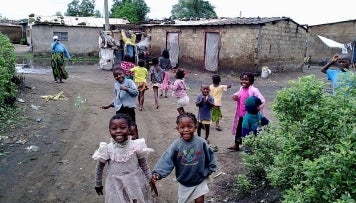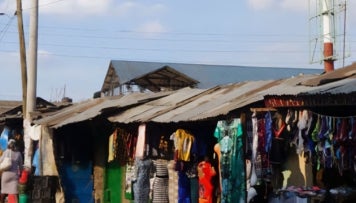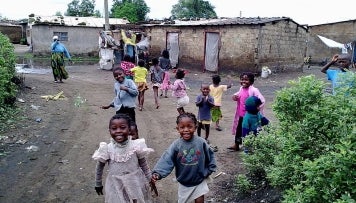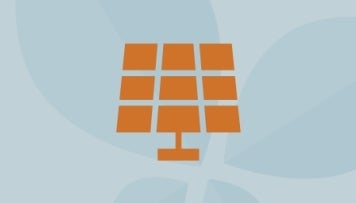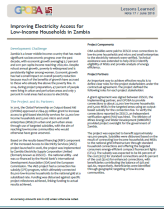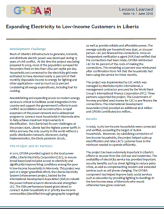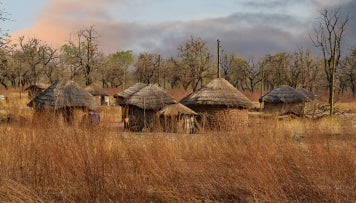
LUSAKA, June 11, 2019. The World Bank, acting as administrator for the Global Partnership for Results-Based Approaches (GPRBA), signed a Grant Agreement on May 1, 2019 for US$3 million with Zambia’s Ministry of Finance to extend electricity to rural areas.
This GPRBA grant is the first tranche of the US$7 million commitment from Sweden to fill the financing gap of a US$26.5 million IDA operation to improve rural energy access in Zambia, by using a combination of grid and off-grid technologies to connect rural households and micro and small enterprises (MSEs). The GPRBA funds will be used to fund the connection fee subsidy program and connect approximately 22,000 rural households and 1,000 MSEs and to fund various parts of the technical assistance program for off-grid electrification.
Ms. Karin Sverkén of the embassy of Sweden to Zambia, said:
“While access to electricity is vital for development and improved livelihoods, the cost of the initial connection is a big barrier for most low-income households and small businesses. We hope that the Swedish support for connection subsidies can bridge this gap, and consequently contribute to enhancing the quality of life for low-income households and improve business prospects for small businesses.”
This agreement builds on a previous five-year project in which the World Bank and GPRBA successfully implemented a pilot to provide low-income households with electricity through an output-based aid (OBA) program, by significantly reducing the financially prohibitive connection fees. This previous GPRBA grant, also funded by Sweden, exceeded its initial target by about 150 percent as it extended energy access to 32,843 households and 5,117 micro and small enterprises -- benefiting approximately 200,000 residents in low-income townships.
Access to electricity in rural areas is important because it helps replace consumption of kerosene, diesel, dry cell batteries, and alternative fuels such as firewood that contributes to deforestation” said Ina-Marlene Ruthenberg, World Bank Country Manager for Zambia. “This project is a prime example of how different agencies can pool funds for a common goal of achieving development outcomes” she added.
The Government of Zambia requested the continuation of the OBA subsidy to connect consumers in rural areas where penetration is extremely low. Whereas the overall national access rate is 31 percent and more than 67 percent of the population in urban areas have access to electricity, these services extend to only about 4 percent of the rural population.
“We are pleased in the confidence demonstrated by Sida and the Government of Zambia in our initial project and look forward to ongoing collaboration to increase access to electricity to benefit rural communities as well, stated Shobha Shetty, Practice Manager of Global Partnerships, World Bank Group.
This results-based financing project seeks to achieve the goals of Vision 2030, a government national strategy plan to reach electrification targets of 90 percent for urban and 51 percent for rural areas by 2030.
